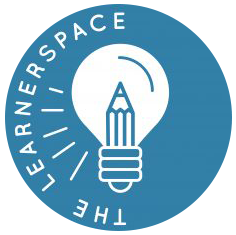By engaging in a shared learning experience, where teachers and students actively participate in first designing and then developing and running a learning project, several objectives that are relevant to the new learning paradigm can be accomplished:
- A real-life implementation of a student centered model. The initiative constitutes a concrete implementation of a learning project where students and teachers work side-by-side and learn together.
- It exemplifies the new role of teachers. As the school focuses on lifelong learning as the ultimate objective, the proposed experience allows teachers to effectively step away from their teaching role to truly assume responsibility for the learning process.
- A gateway for higher order skills. The whole process, which focuses on metacognitive skills that directly target understanding and raising awareness towards the learning process, is geared towards fostering the development of higher order skills, that include creativity and, especially, critical thinking.
- Project-based learning and product design. In many cases, the outcome of the process results in a learning project or the design of a product, both of which are very valid pedagogical implementations of some of the principles of 21st century learning. By providing a safe, low stakes learning experience, teachers and students can share the responsibility for generating high quality outcomes without the pressure of an implicit opportunity cost in terms of content or other traditional accountability standards.
- Far-reaching implications. Even if, initially, a targeted initiative that focuses on a senior group of students for limited number of weeks, the implications come be far-reaching in their impact, since, as it usually happens in schools, the successful implementation of an innovative initiative can have a multiplier effect in showcasing that, indeed, a new pedagogy can result in a significant and relevant learning experience.
